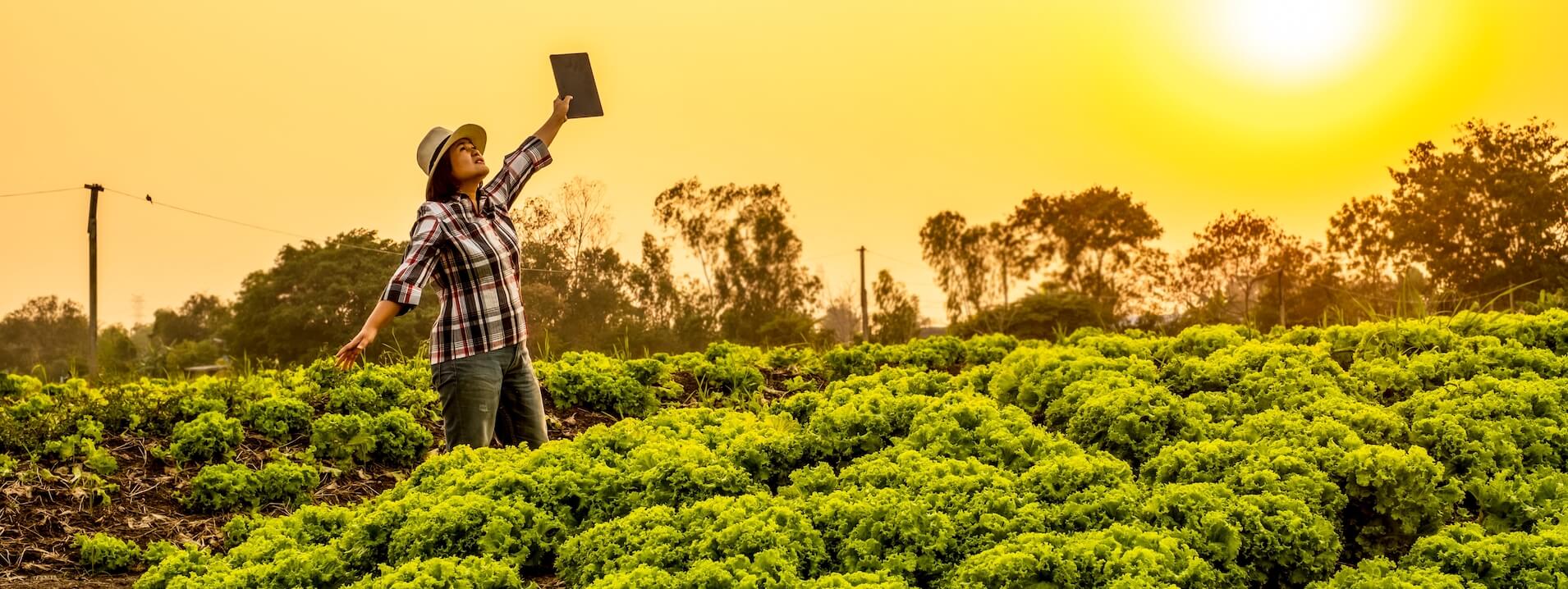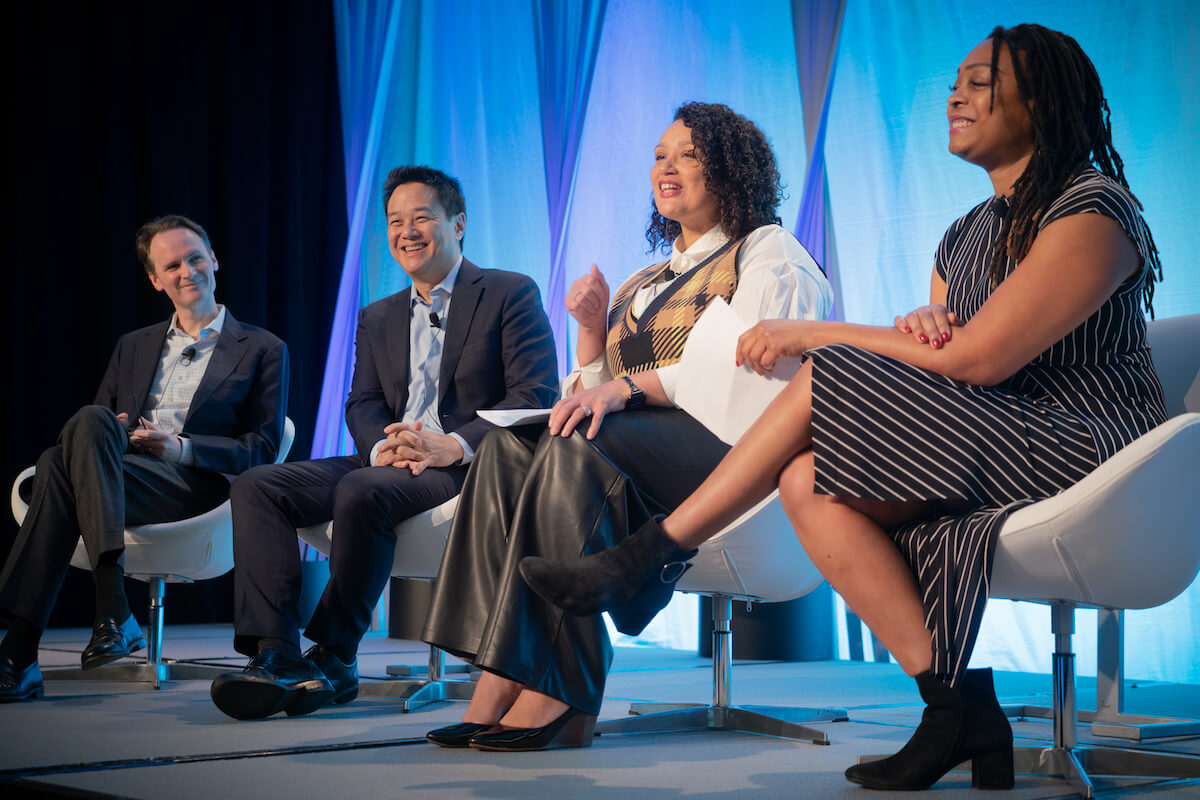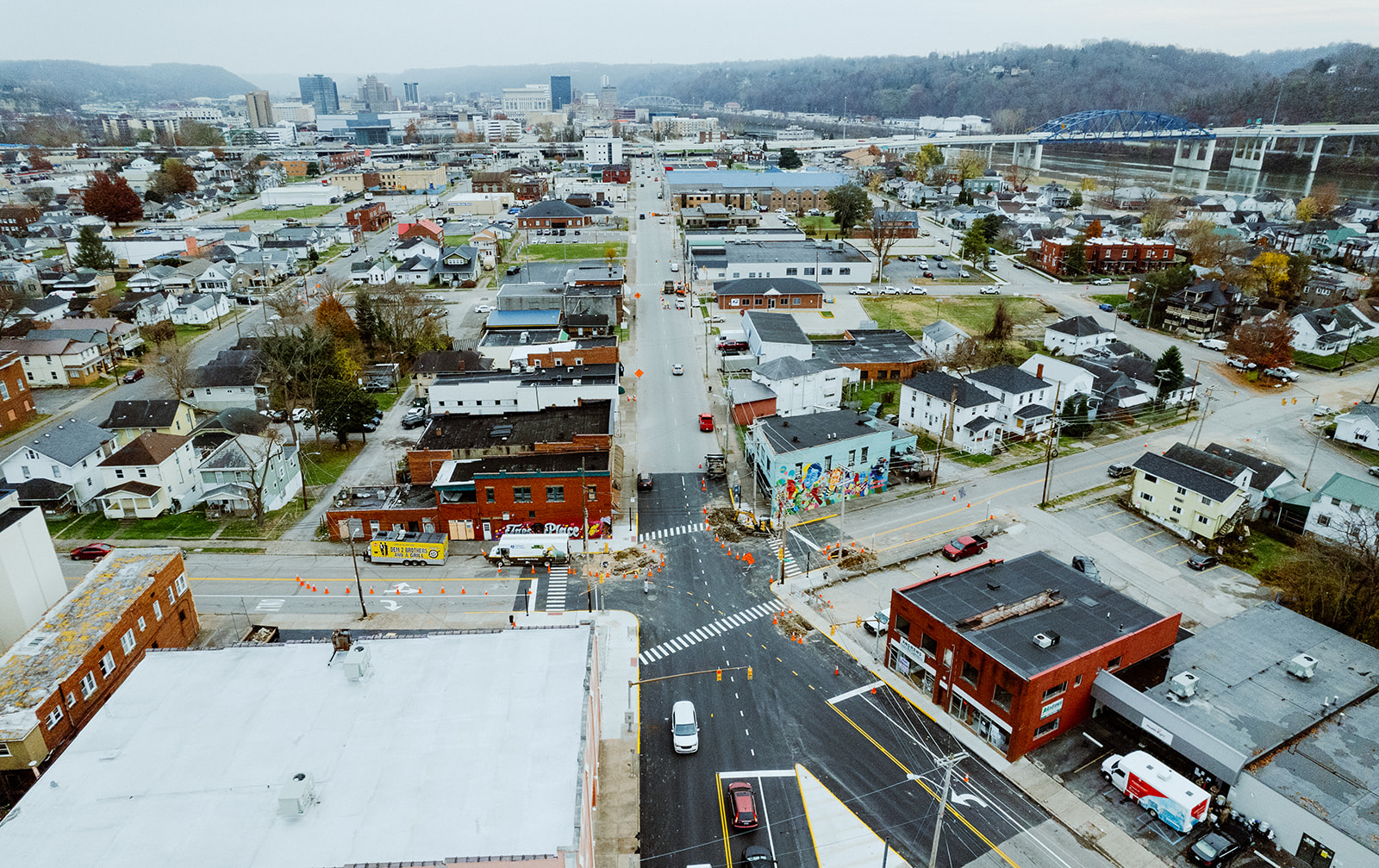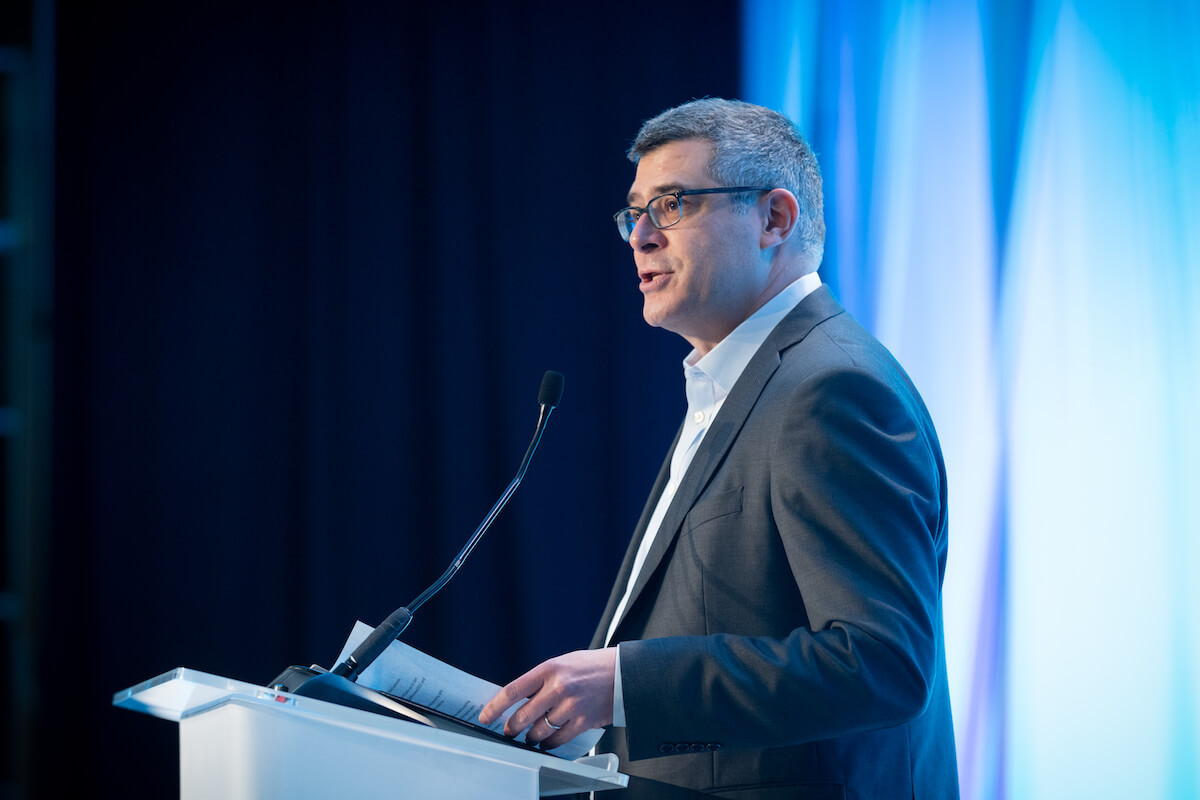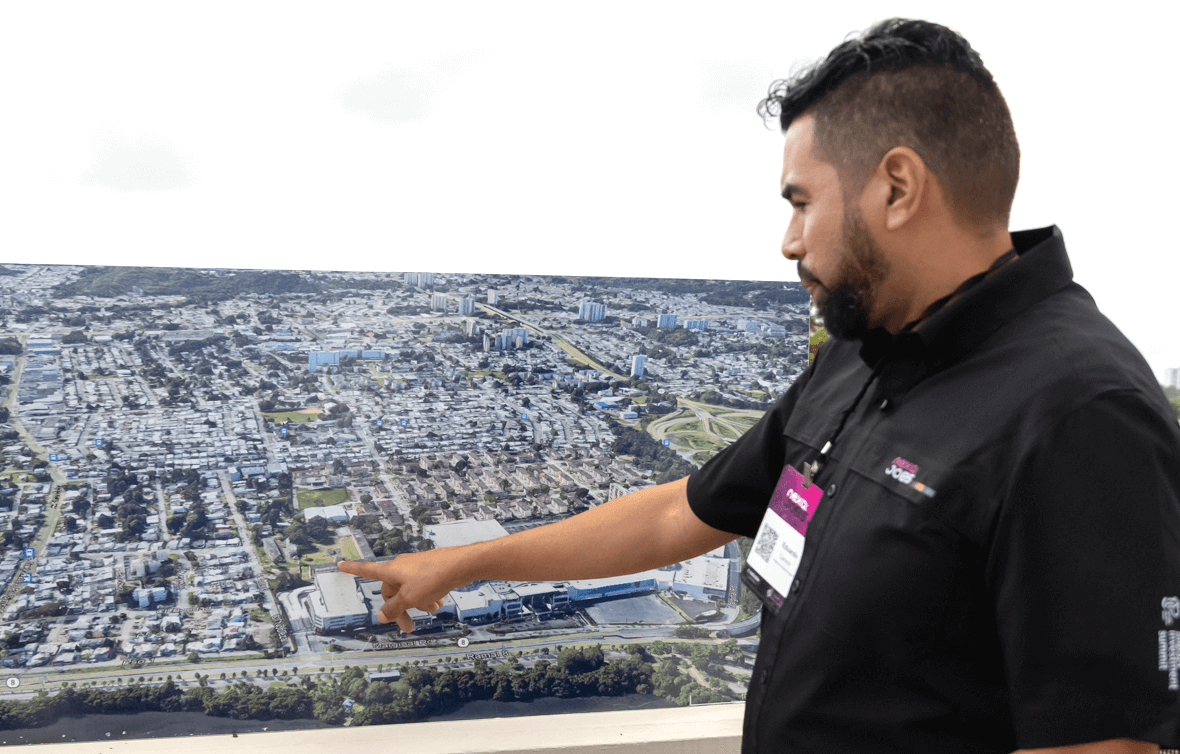ImpactAlpha, September 22 – The Rockefeller Foundation launched the $30 million Zero Gap Fund with the MacArthur Foundation four years ago to supply catalytic capital to unstick stubborn sustainable development challenges. The fund has helped mobilize more than $800 million for projects and portfolios that support access to energy and healthcare, women’s economic inclusion, and affordable, essential services for the world’s emerging consumer class.
Yet the Sustainable Development Goals are “woefully off track,” according to the UN, and face trillions of dollars of annual financing deficits.
That’s not the fault of the Zero Gap Fund, of course, just as the fund can’t claim full credit for that $800 million. Its first-in capital, flexible structuring, guarantees, and other mechanisms did serve to crowd in some private investors.
Zero Gap made its final investment in Colorado-based Trailhead Capital, which closed a $50 million agtech fund. Rockefeller is keen to expand its focus on regenerative agriculture.
“If we do our jobs right, you will continue to see that kind of outsized impact against the food agenda,” including landscape-scale transitions and the creation of more just and nutritious food systems, Rockefeller’s Liz Yee told ImpactAlpha.
Climate forward
Altogether, Rockefeller Foundation will lay out $1 billion over five years to advance climate solutions integrated with energy, health, food and finance. The groundwork for the strategy has already been laid. In 2021, the foundation seeded the Global Energy Alliance for People and Planet, with the IKEA Foundation and Bezos Earth Fund, with a commitment of $500 million—its largest single investment. Last year, it launched its $105 million Global Food Strategy to “reimagine our food systems to make them more resilient for the future.”
The foundation’s recent impact report is the rare self-assessment that acknowledges missteps, including in pandemic preparedness, Opportunity Zones and “smart markets” for food in Africa.
“It made us reflect on what we felt was transformational impact, and on where we didn’t do so well,” Yee said.

